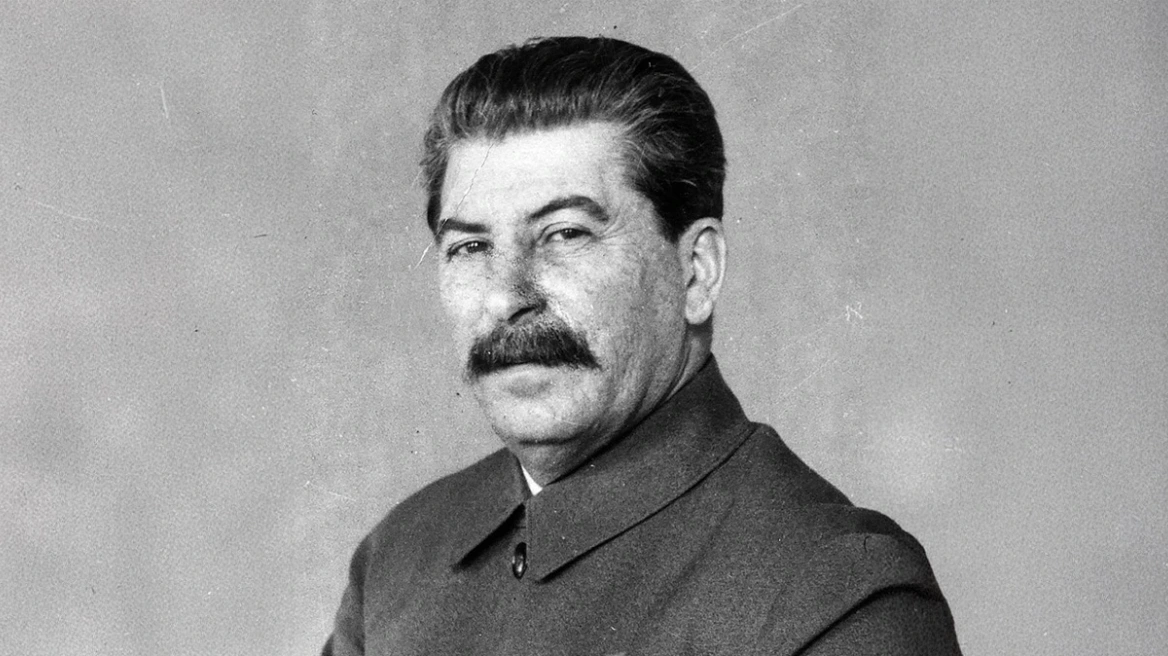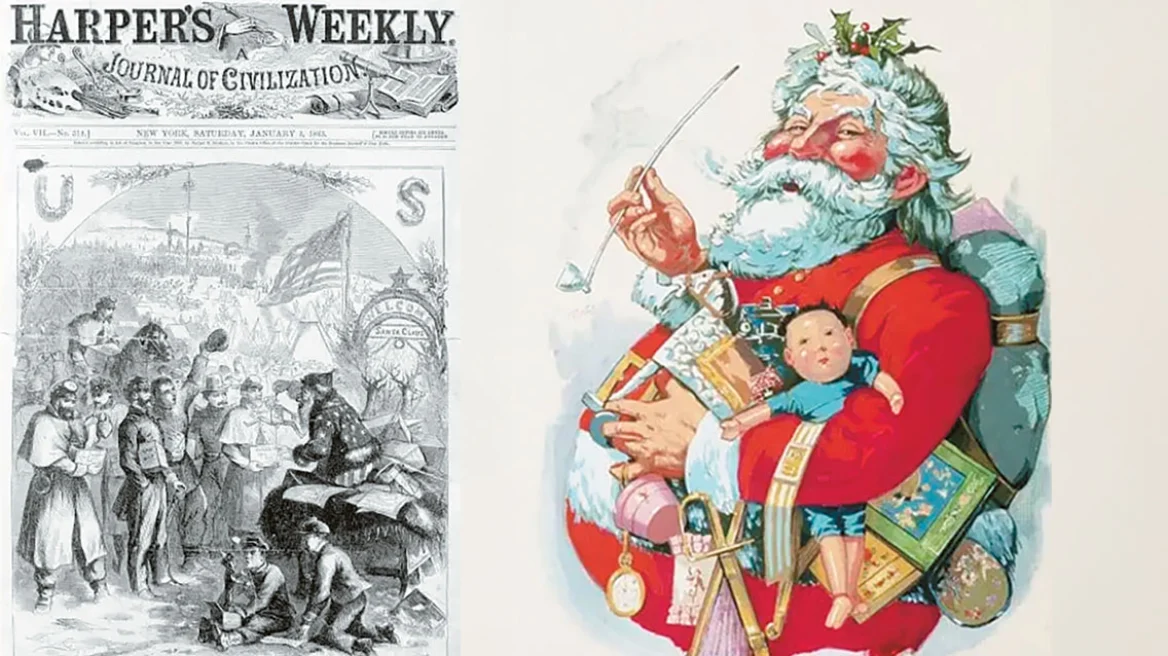Facebook and Twitter took steps on Wednesday to limit the spread of a New York Post article critical of Joe Biden, sparking outrage among conservatives and stoking debate over how social media platforms should tackle “misinformation” ahead of the US election.
In an unprecedented step against a major news publication, Twitter blocked users from posting links to the Post story or photos from the report. Users attempting to share the story were shown a notice saying: “We can’t complete this request because this link has been identified by Twitter or our partners as being potentially harmful”! Users clicking or retweeting a link already posted to Twitter are shown a warning the “link may be unsafe”!
Twitter said it was limiting the article’s spread due to questions about “the origins of the materials” included in the article, which contained material supposedly pulled from a computer that had been left by Hunter Biden at a Delaware computer repair shop in April 2019. Twitter policies prohibit “directly distribut[ing] content obtained through hacking that contains private information”.
The article implicates the former vice-president in connection with his son Hunter’s Ukraine business and was headlined: “Smoking-gun email reveals how Hunter Biden introduced Ukrainian businessman to VP dad”.
The hard drive contained more than 1.000 inappropriate and even illegal photos of Hunter Biden, incriminating emails and videos related to sex and drug use.
The story focused on one email from April 2015, in which a Burisma board adviser thanked Hunter for inviting him to a Washington meeting with his father.
The company further explained the decision in a series of tweets on Wednesday, saying some of the images in the article contained personal and private information. Twitter’s policy against posting hacked material was established in 2018. Jack Dorsey, the CEO of Twitter, said the company’s communication about the decision to limit the article’s spread was “not great”, saying the team should have shared more context publicly.
Our communication around our actions on the @nypost article was not great. And blocking URL sharing via tweet or DM with zero context as to why we’re blocking: unacceptable. https://t.co/v55vDVVlgt
— jack (@jack) October 14, 2020
Facebook, meanwhile, placed restrictions on linking to the article, saying there were questions about its validity. “This is part of our standard process to reduce the spread of misinformation,” said a Facebook spokesperson, Andy Stone.
The move marks the first time Twitter has directly limited the spread of information from a news website, as it continues to implement stricter rules around misinformation ahead of the 2020 elections. On Wednesday evening Twitter also reportedly locked the personal account of the White House press secretary Kayleigh McEnany for sharing the article!
The Price of the iPhone 12 Around the World (infographic)
This is the new armored “Guardian” of the Greek Army (photos-video)
In recent weeks Twitter announced it would warn users who attempt to retweet a link without first clicking on it for more context. It has also started to take action against posts by Donald Trump and other republican and conservative public figures.
Wednesday’s actions around the New York Post article drew swift backlash from figures on the political right, who accused Facebook and Twitter of protecting Biden, who is leading Trump in national polls.
The New York Post blasted the companies, saying they were trying to help Biden’s election campaign and falsely claiming that the story was not cross-checked. “Facebook and Twitter are not media platforms. They’re propaganda machines”, it wrote in an editorial.
Meanwhile, the Republican senator Ted Cruz wrote a letter to Dorsey, saying: “Twitter’s censorship of this story is quite hypocritical, given its willingness to allow users to share less-well-sourced reporting critical of other candidates.”
Trump’s campaign director, Jake Schneider, called the blocking of McEnany “absolutely unacceptable” and McEnany herself tweeted: “Censorship should be condemned”.
Trump tweeted that it was “terrible” that the social media companies “took down” the article and renewed his calls to “repeal section 230”, a measure that keeps website hosts from being held responsible for content posted.
Even non-conservatives criticized the choice to limit the spread of the article as one that will confirm the right-wing narrative that big tech firms actually do censor conservative views. The decision was indeed quickly politicized – with House Republicans publishing the text of the story on their website in order to share the link without censorship.
Source: The Guardian, New York Post, Facebook, Twitter
Ask me anything
Explore related questions





